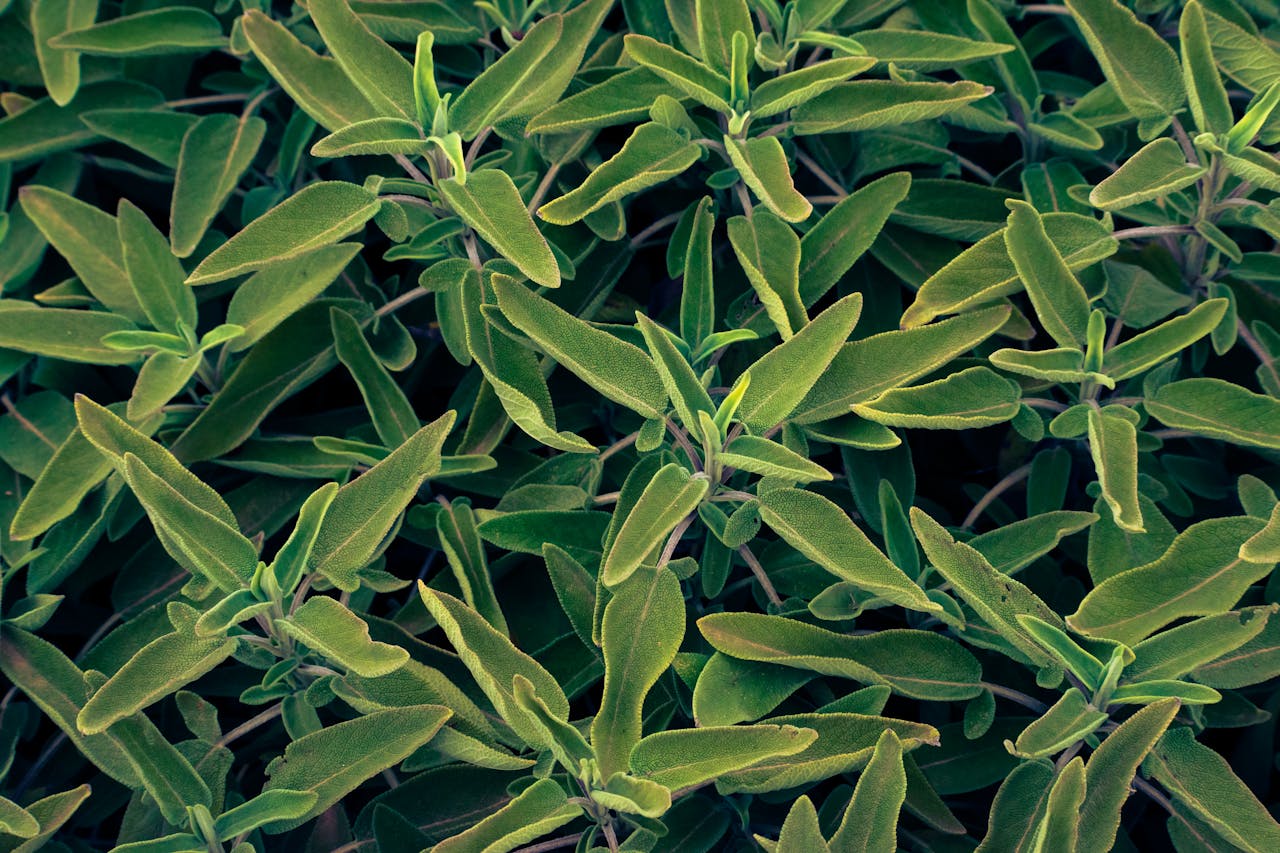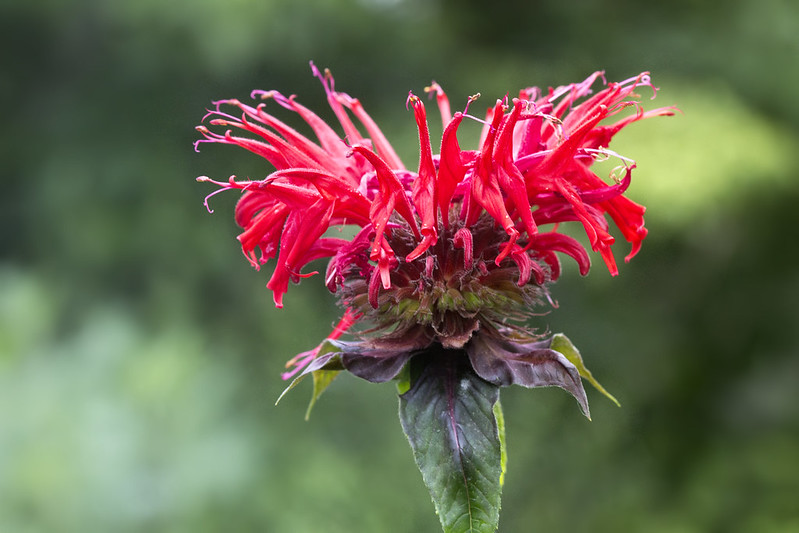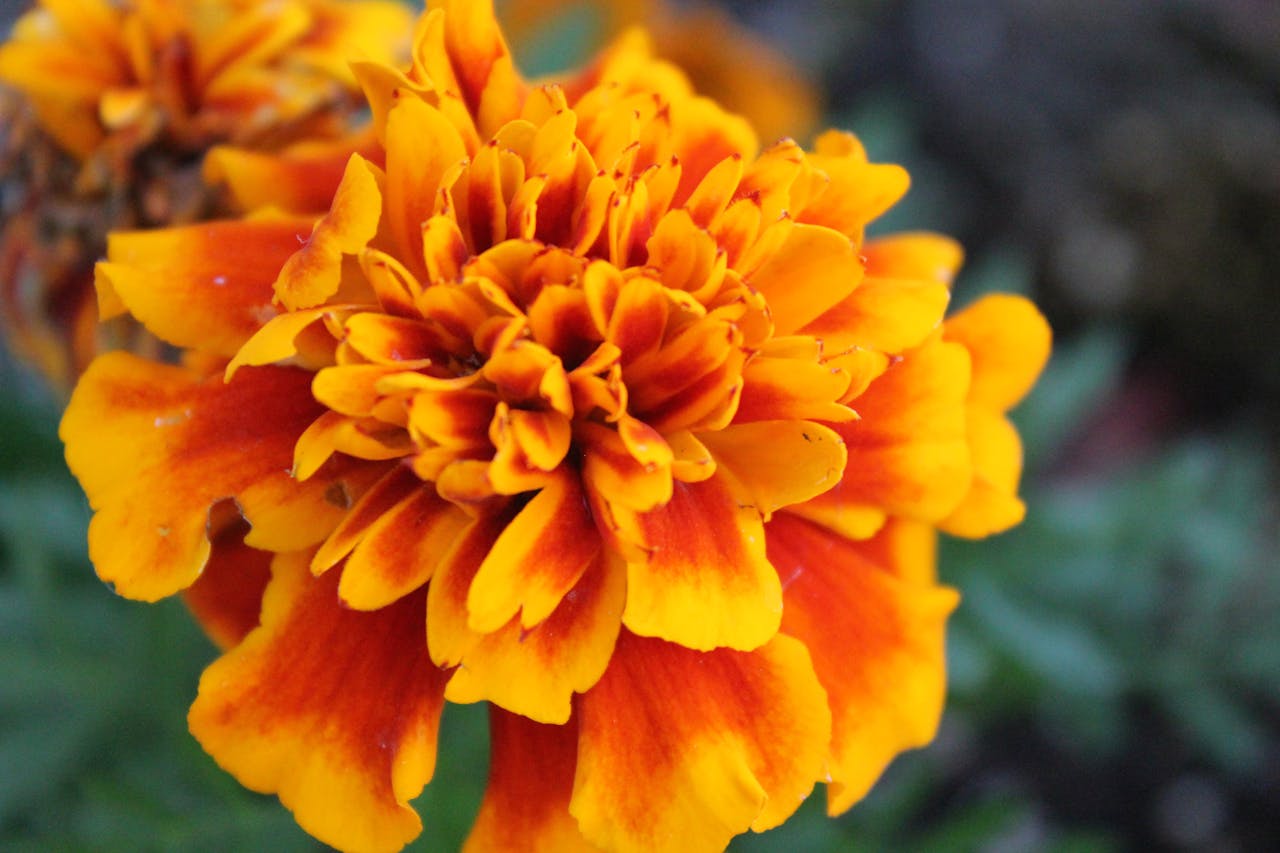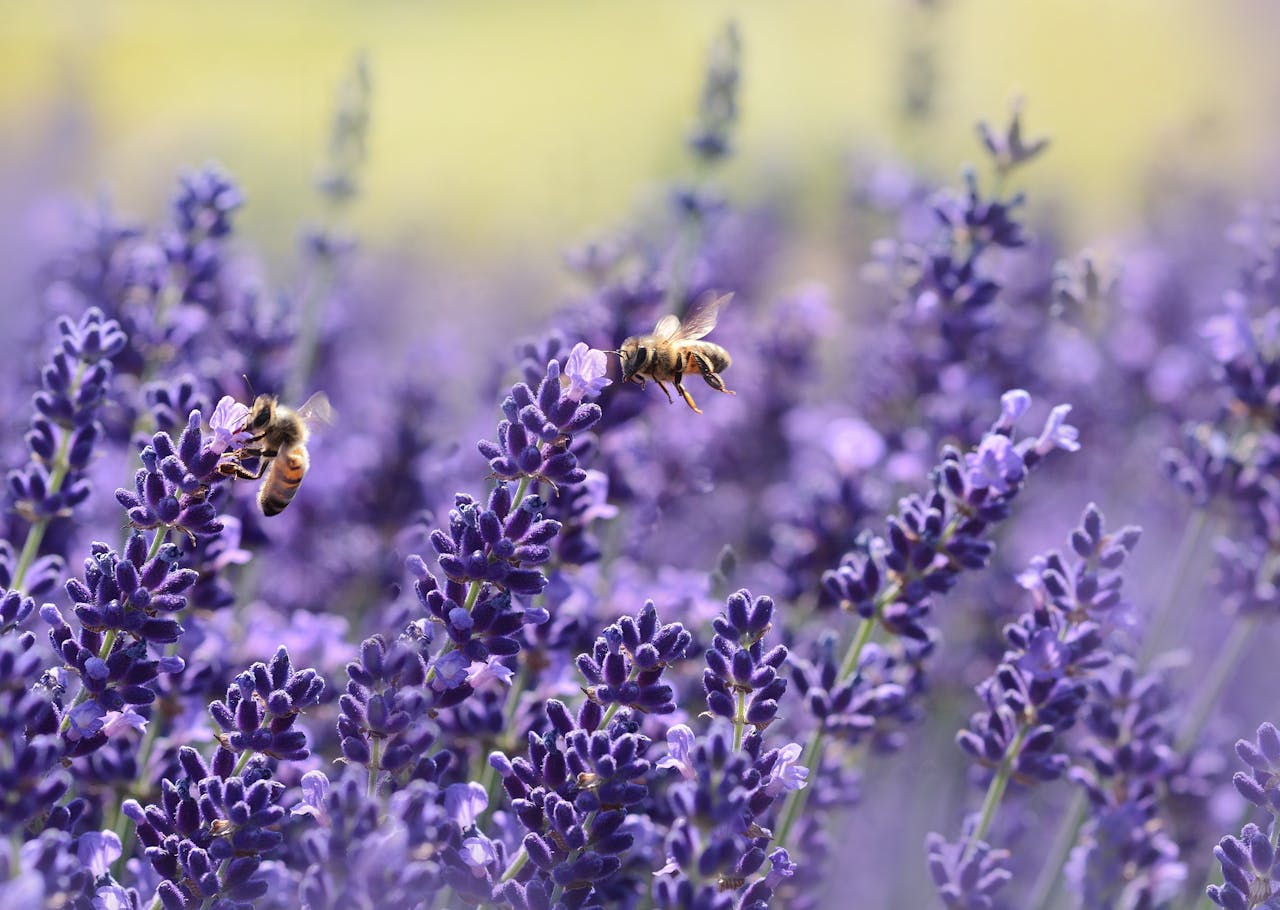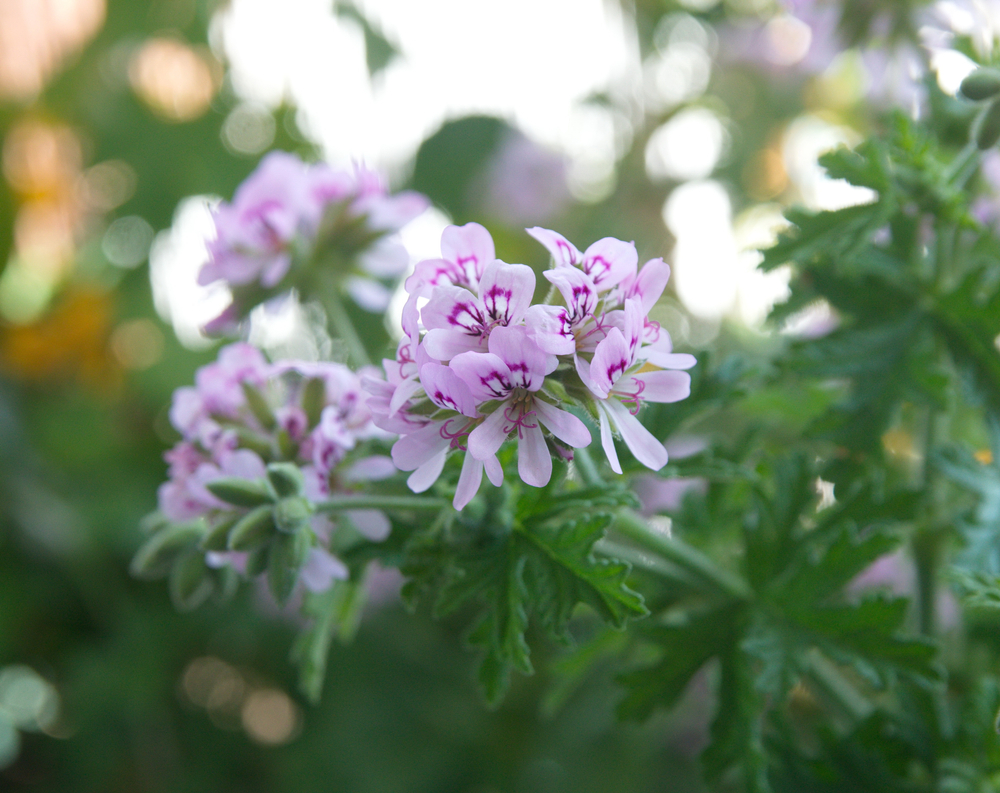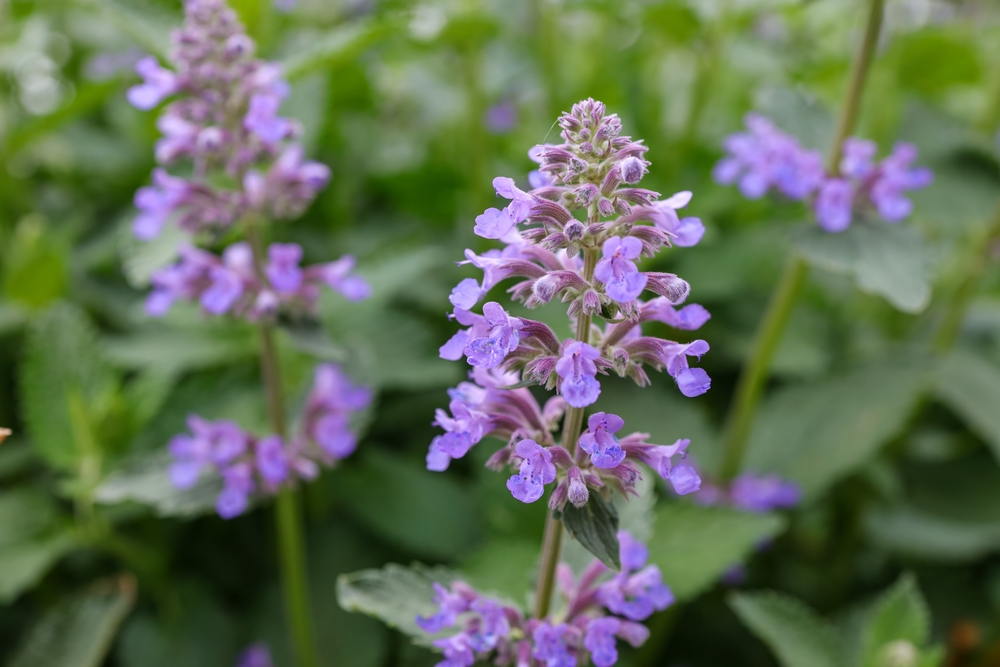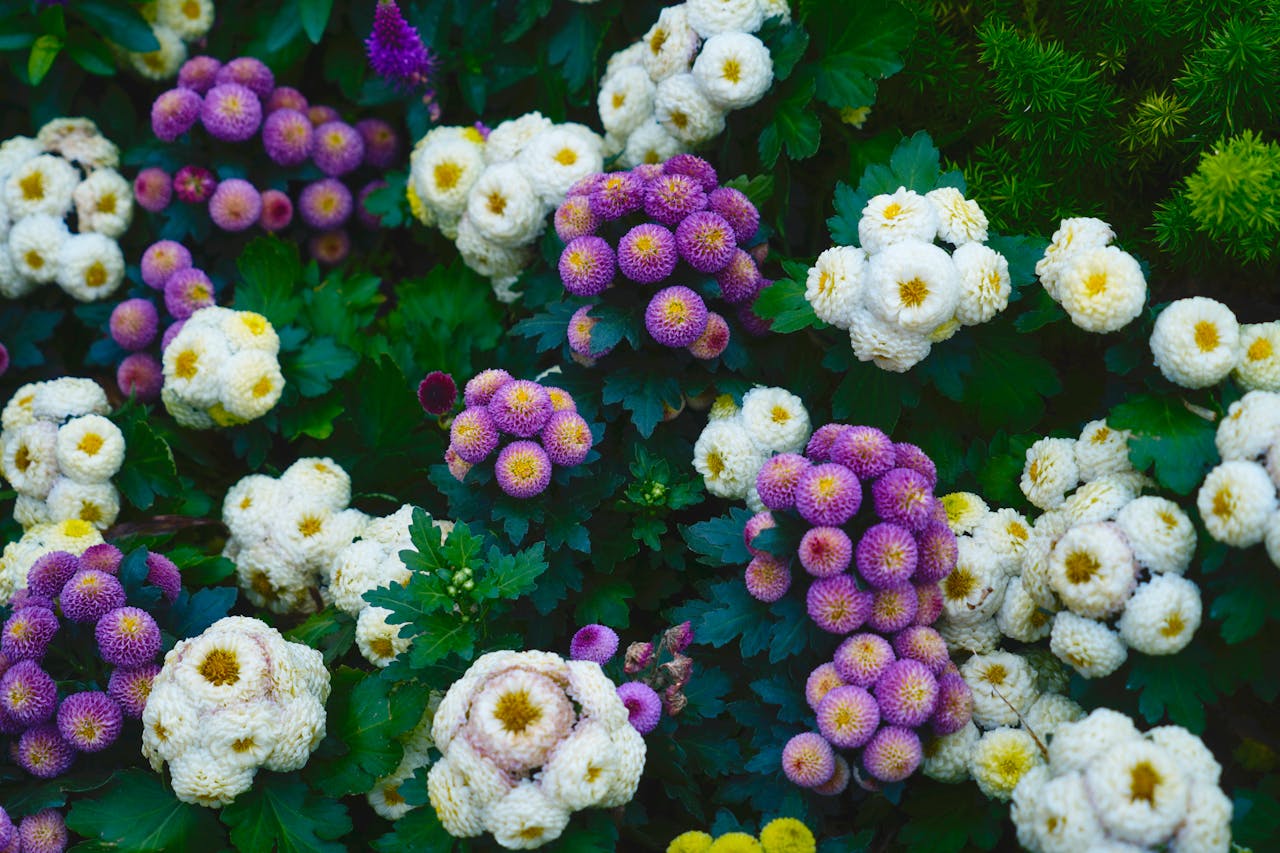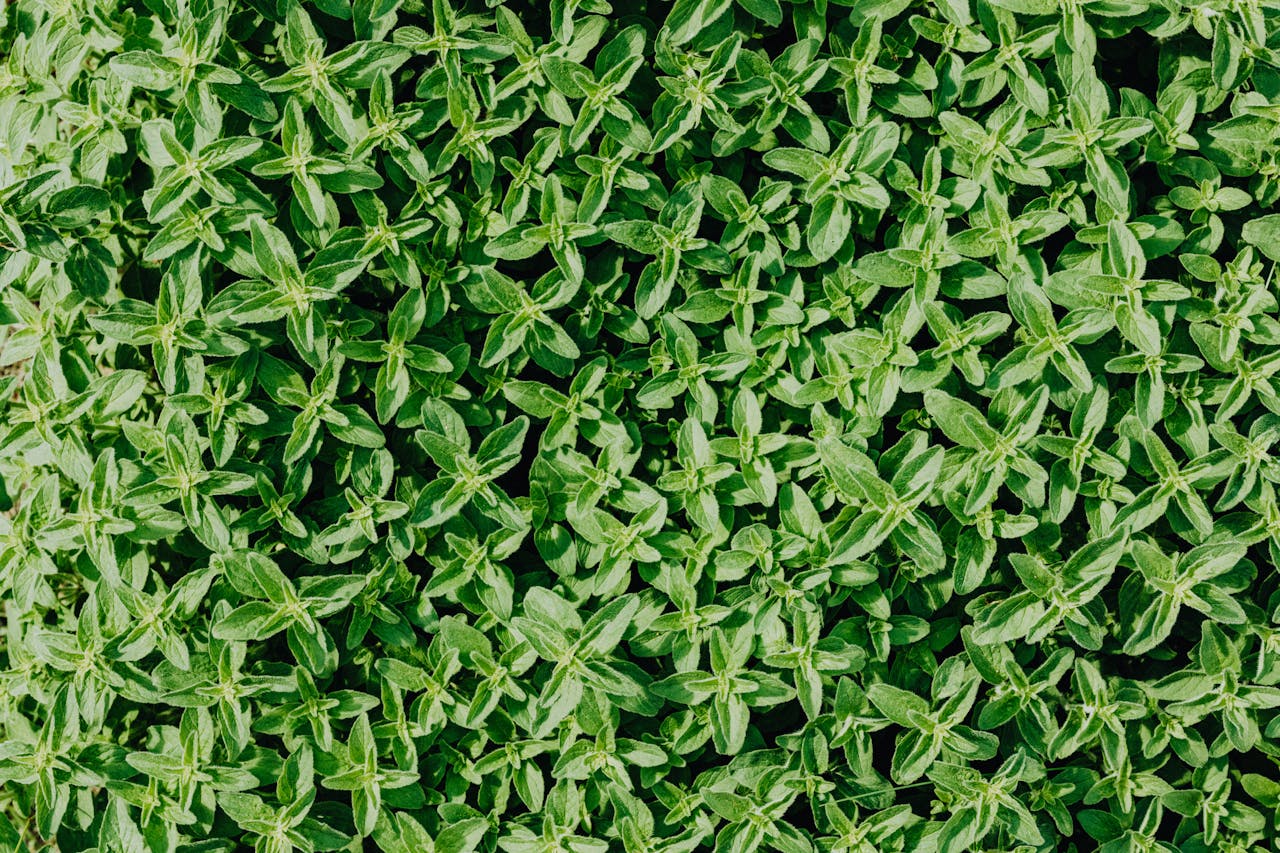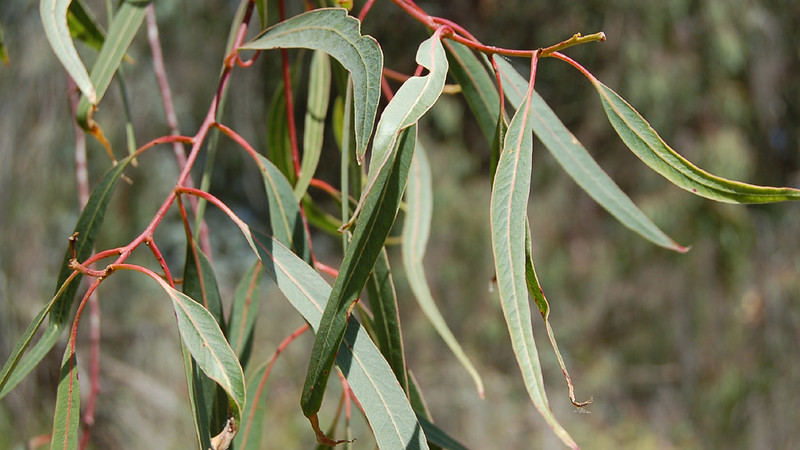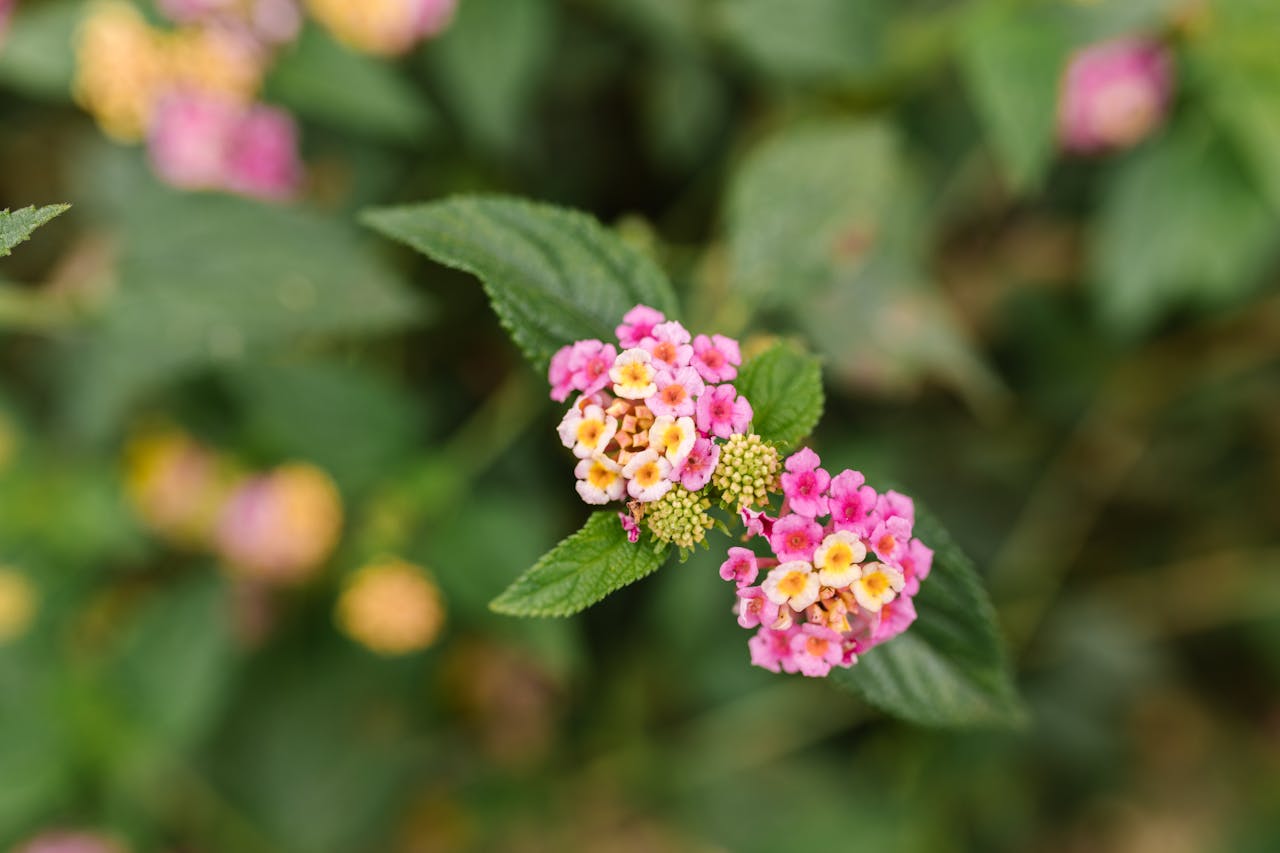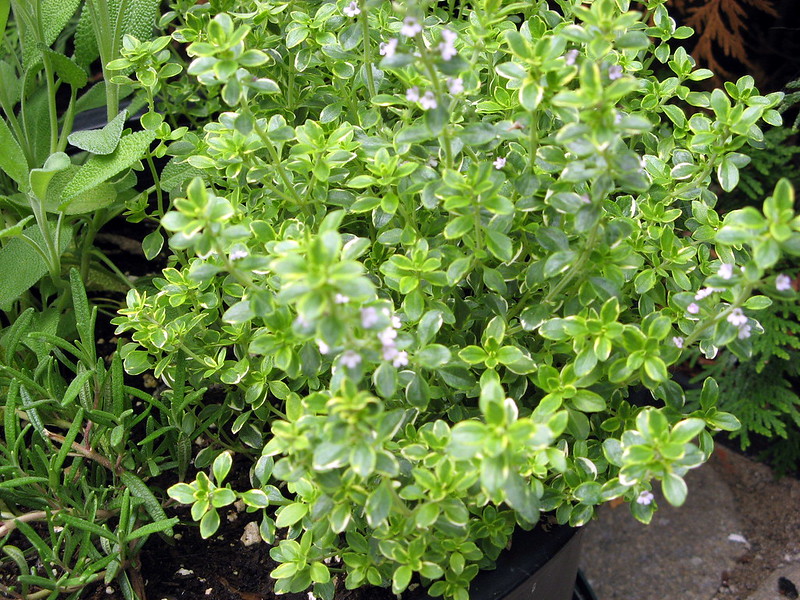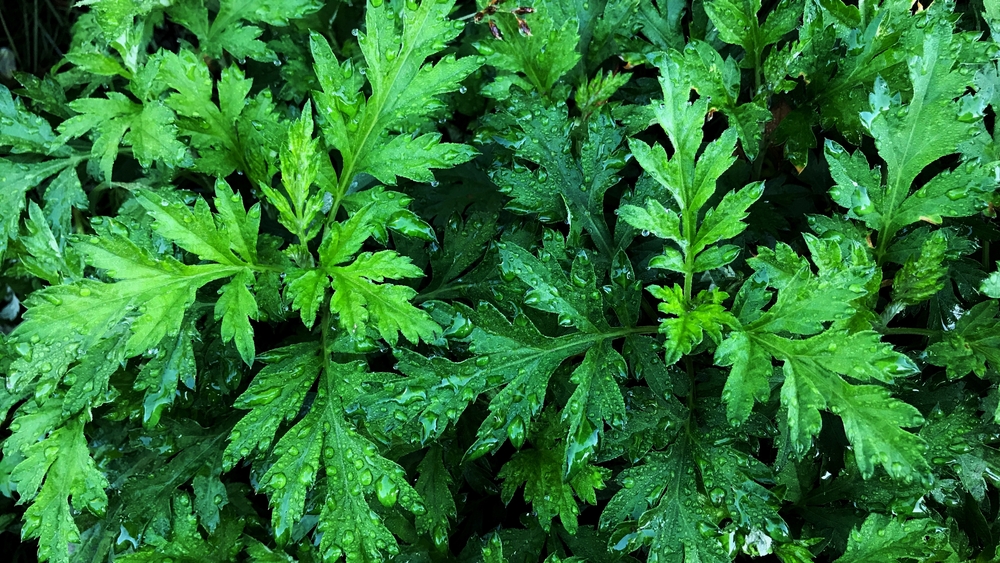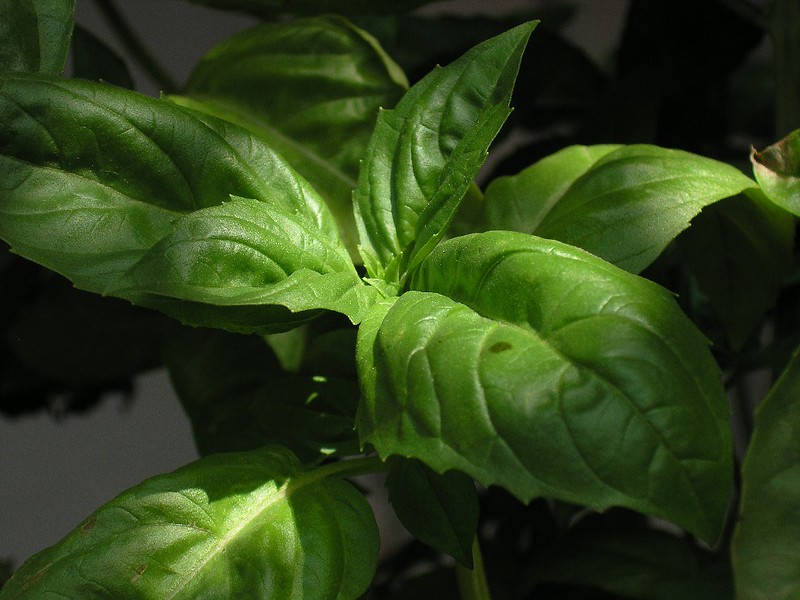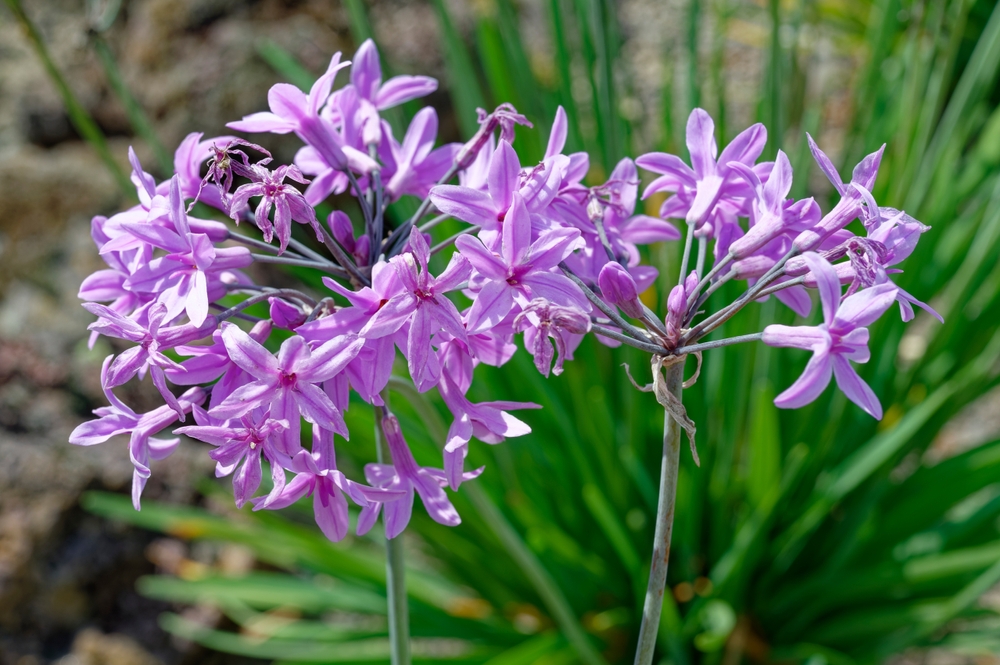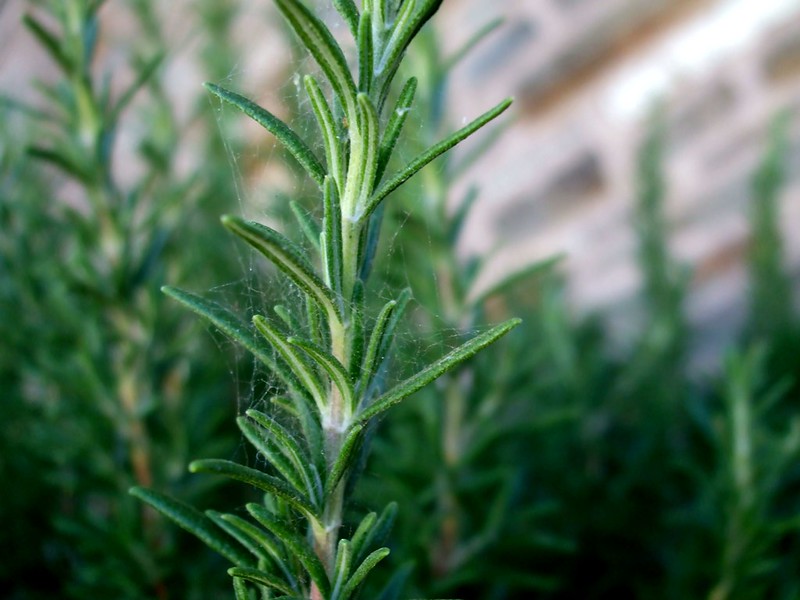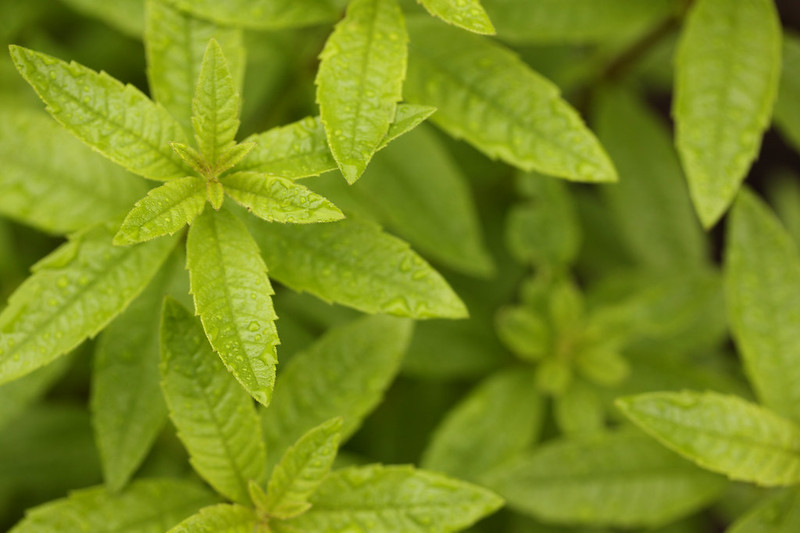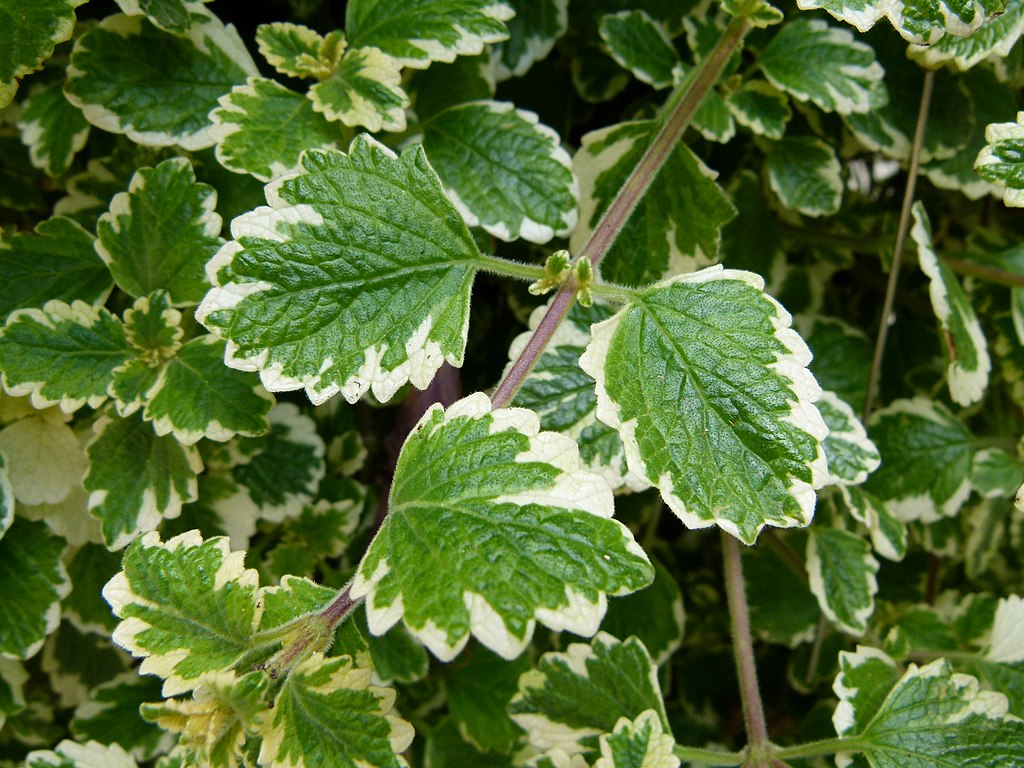20 Plants Mosquitoes Hate
This summer, outsmart mosquitoes by filling your property with plants they don’t like. Some plants will repel mosquitos while others will actually confuse them.
Either way, here’s 20 plants they definitely don’t like.
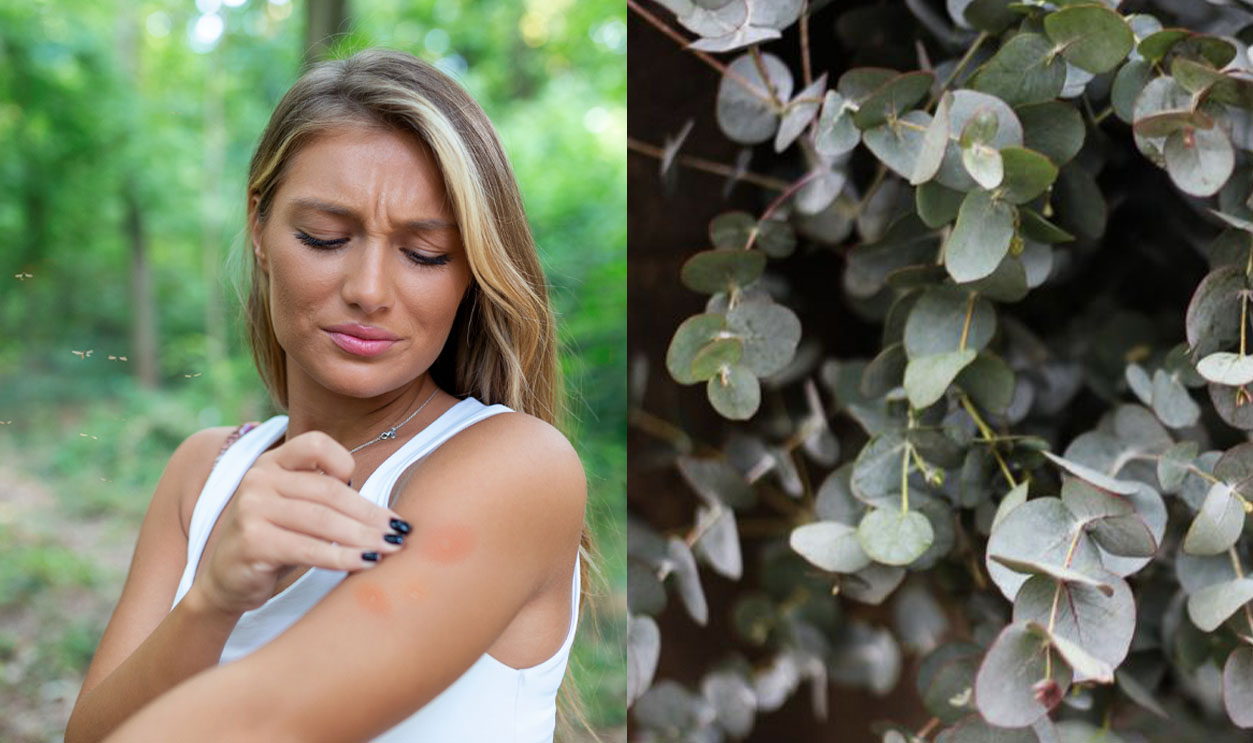
Sage
Use fresh sage as a mosquito repellent by crushing leaves and rubbing them on your skin or clothing.
You can also toss a bundle off sage into your fire pit or chiminea to create a cloud of mosquito-repelling smoke.
Bee Balm
Bee Balm will actually attract bees, butterflies and hummingbirds—but repel mosquitoes. As it grows and blooms it releases fragrances that mosquitoes don’t like.
Marigolds
Another plant that other insects love, but repels mosquitoes. Marigolds are great for veggie gardens as they attract bees who then pollinate the rest of the garden.
Not only do mosquitoes stay away from them, so do other pesky insects.
Lavender
Lavendar releases its aromatic oils naturally—and mosquitoes hate it. Crush the flower buds and leaves and rub them onto your skin to keep the bugs away.
Scented Geranium
When crushed or rubbed, scented geranium leaves release those chemical compounds that insects don't like. The lemon-scented varieties seem to possess the strongest skeeter-repelling characteristics.
Catmint
Interestingly, catnip essential oil has been scientifically proven to repel mosquitoes 10 times more effectively than DEET.
Catmint is catnip’s decorative cousin, complete with scented leaves that many bugs don’t care for.
Chrysanthemums
Chrysanthemums contain chemical compounds that act as natural insecticides. It's a go-to natural pesticide for dealing with fleas, ants, ticks, silverfish and bedbugs.
Thyme
Thyme, including red creeping thyme, are excellent mosquito repellants. Crush the leaves to release the volatile oils and place them around your patio, or rub the leaves on skin or clothing.
Burning thyme is also effective.
Mint
Mint is one of the best plants to have in your garden to combat pesky insects. Brush up against the leaves (while still attached to the stems) to release the strong mint oils onto your skin or clothing.
Eucalyptus
Not only is it beautiful in flower arrangements, it’s also low maintenance, fragrant, and is extremely effective in keeping mosquitoes away.
To unleash its bug-repelling properties, warm (either in the sun or by burning) leaves to release terpenoid compounds.
Lantana
Lantana has a distinct smell that not many like—including bugs. Simply by placing a few pots of Lantana around your patio you will have a natural barrier against mosquitoes.
It’s stinky, but its blooms attract beautiful butterflies.
Lemon Thyme
Lemon Thyme bursts with sweet citrus aromas every time you touch it—which is something mosquitoes aren’t a fan of.
To keep mosquitoes away, cut a stem or two, crush the leaves in your fingers and rub on your skin. Or tuck a sprig of crushed leaves into a button hole or belt loop.
Hummingbird Mint
Hummingbird attracts hummingbirds (obviously), along with butterflies, bees and other beneficial insects.
But the plant smells like licorice—which is another smell the mosquitoes don’t fancy. Rub the leaves on your skin to create a natural bug lotion.
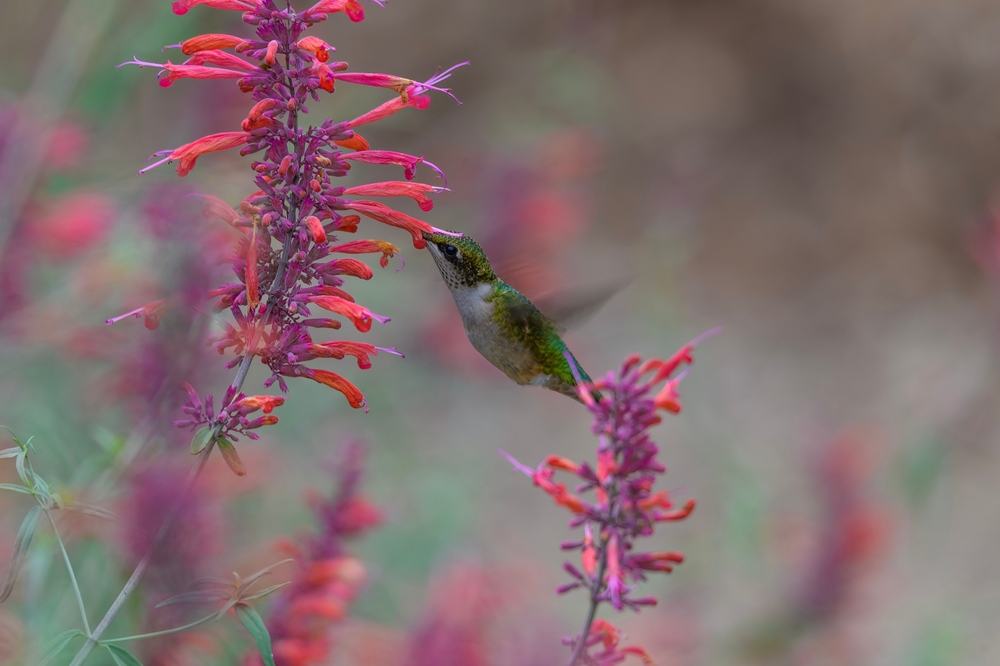 James W. Thompson, Shutterstock
James W. Thompson, Shutterstock
Wormwood
Wormwood is a beautiful plant added to bouquets and flower pots, but those pretty leaves release a strong scent often described as antiseptic. Even the mosquitoes don’t like it.
Simply having it in your garden will keep pesky bugs at bay.
Lemongrass
Did you know that oil of citronella comes from lemongrass? Lemongrass is extremely effective at deterring mosquitoes.
In order to work best, leaves need to be heated by sunlight or burning in your fire pit or chimenea.
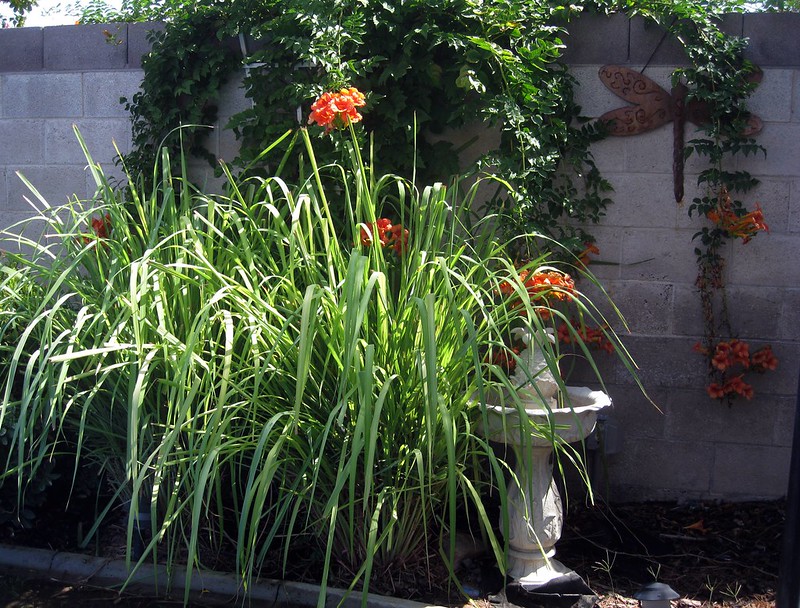 odonata98 (Kimberly Reinhart), Flickr
odonata98 (Kimberly Reinhart), Flickr
Basil
This versatile herb is commonly found in the kitchen, and even the medicine cabinet—and now the mosquito repellant.
The beauty of basil is that it naturally repels mosquitoes as it grows, releasing oils that the insects dislike. Burning the leaves increases its repelling power.
Society Garlic
Society garlic has been proven to keep mosquitoes repelled to a distance of 20 feet. Use it as a flowering ground cover in full sun areas with well-drained soil and it will act as a bug repellant for you.
Rosemary
Rosemary’s needle-like leaves are rich with oils that many bugs, especially mosquitoes, don’t like. Simply run your fingers along a branch to release the scent.
For more mosquito-repelling power, crush the leaves and rub them on clothing or burn in the fire pit.
Lemon Verbena
Lemon-scented leaves are one of your best defenses against mosquitoes. Lemon Verbena leaves release a sweet lemon scent when crushed.
Rub them on skin or clothing to scare off the bugs with their citrus delight.
Variegated Plectranthus
If you’re familiar with this plant, you know how smelt it is. Just brush it gently or splash water onto its leaves to release the odor.
The strong smell repels mosquitoes—and many other pesky bugs.


